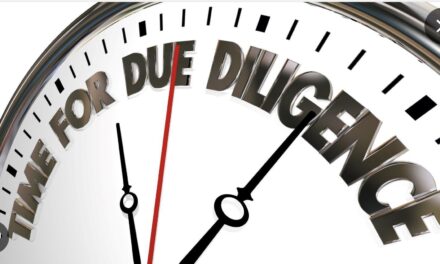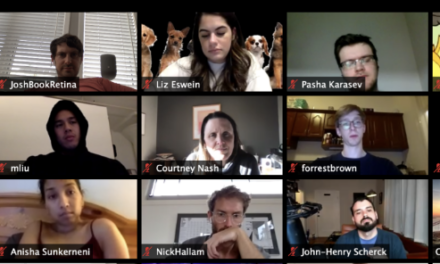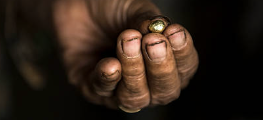The Rise. Fall and Future of Kokoda Tourism
There is a need for an inquiry into the operation of the DFAT-Kokoda Initiative which has led to a dysfunctional management system for the Kokoda Trail and a 46 percent decline in trekker numbers since it assumed control of the PNG Kokoda Track (Special Purpose) Authority (KTA) in 2009.
A threat to mine part of the Kokoda Trail in 2006 caused Australia to rush into establishing a ‘Joint’ Understanding with the PNG government to ward off future threats from miners and loggers through the development of a World Heritage nomination for the Owen Stanley Ranges.
Responsibility for the agreement was delegated to the Department of Environment, Water, Heritage and the Arts (DEWHA) due to their responsibility for overseas sites of historic interest to Australia. ‘Heritage’ was later removed from their title when it was rebadged as the Department of Sustainability Environment Water Population and Communities (DSEWPC).
The Department of Veterans Affairs, which is responsible for commemoration, was not included in the drafting of the ‘Joint’ Understanding.
Environmental officials, with no understanding of commemoration, were dispatched to Port Moresby to help save the Kokoda Trail.
It was soon evident that they lacked expertise in business management practices and were unfamiliar with the Melanesian Way’ which has been infected with endemic corruption[i] in recent years. As a result the trekking industry, which generated $25 million for PNG tourism when they arrived to ‘help’ has since declined by 46 percent. The cumulative loss for subsistence villagers along the trail since then is in the region of $20 million.
The decline was due to the focus on a World Heritage nomination at the expense of the wartime heritage of the Kokoda Trail.
Poor governance practices that would not escape scrutiny in Australia are now evident in the DFAT funded Kokoda Initiative in PNG.
Australian officials soon learned their PNG counterparts will support any proposal that has the prospect of an Australian Aid dollar attached to it. This allows them to deflect criticism of their failures by saying ‘this is what PNG wants!’.
It is now clear that the word ‘Kokoda’ has been hijacked by environmental officials to give relevance to social and environmental issues that would otherwise fail the test of relevance in regard to the expenditure of taxpayers funds, and who have expunged the word ‘mateship’ from our Kokoda story.
These failures, at the expense of our wartime heritage and the subsistence villagers we are supposed to be helping, can no longer be ignored. They include
- The failure to develop a Joint Agreement for Military Heritage to identify, protect and honour our shared wartime heritage in PNG;
- the failure to develop a Military Heritage Master Plan for the Kokoda Trail.
- the whitewash of ‘mateship’ from our Kokoda story;
- the fallacies of World Heritage and lost battlefields;
- a failure to produce annual financial reports;
- suspect practices in the awarding of Government contracts; and
- a suspect transfer of trekker funds to an Australian NGO.
The ‘Joint Understanding between PNG and Australian on the Kokoda Track and Owen Stanley Ranges’, signed in 2008, is no longer relevant due to the following:
- the Chinese funded $260 million dam on the Brown River (the Edevu Hydro Project due to open in 2020) has negated the need ‘to maintain the Brown River Catchment, given its national importance as a potential water and power supply from Port Moresby’[ii]; and
- A recent expert review of the tentative listed sites for World Heritage in Papua New Guinea which concluded that the Interim Protection Zone (IPZ) developed by the Kokoda Initiative ‘has little prospect of being able to stand alone as a World Heritage nomination, at least on natural heritage values. Given the on-going threat to heritage values by mining and other development activities, no part of the Kokoda Track and Owen Stanley Ranges Tentative Listed area should be considered for formal nomination as a World Heritage area . . . ’[iii]
It is therefore time to reset our Joint Understanding/Agreement by separating ‘military heritage’ from ‘environment’.
[i] In 2018 PNG was classified as the most corrupt country in APEC
[ii] Joint Understanding between PNG and Australia on the Kokoda Track and Owen Stanley Ranges’ signed by PNG Minister for Environment and Conservation, The Hon Benny Allen and the Australian Minister for Environment, Water, Heritage and the Arts, The Hon Peter Garrett in Madang on 23 April 2008.
[iii][iii] https://www.sprep.org/attachments/VirLib/PNG/world-heritage-sites-png.pdf




